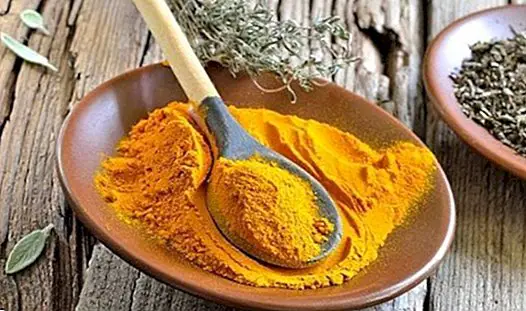Why grilled or barbecued meat is not good for your health
Recently the World Health Organization issued a report prepared by a group of experts belonging to the International Agency for Research on Cancer (IARC), in which considered processed meat and red meat as carcinogenic, equating to processed meat (products of animal origin that have been transformed through certain processes in order to improve their flavor or conservation) in the same category as tobacco, asbestos, diesel or arsenic smoke, and the red meat as 'probably carcinogenic'.
More specifically, the report concluded that eating 50 grams of processed meat daily would increase the risk of developing colorectal cancer by 18%, in addition to other types of cancer such as pancreas or prostate cancer in men. Moreover, this risk would increase depending on the quantity of meat consumed, so that the greater the quantity, the greater the risk. But as many nutritionists and health experts have already stated, the truth is that in reality the risk of cancer is low, given that they would need to consume large quantities of processed meats and / or red meats every day so that the statistics would actually be met.

However, as we discovered in a previous note in which we knew what are the causes why processed and red meat can cause cancer, in fact there are several factors that can influence: from the presence of nitrates (salts of nitric acid used to prevent the deterioration of the meat and preserve its color) to heme iron (which could damage the lining of the colon), passing through the cooking method chosen for the preparation of this type of food.
This last question is even more important, since there are many people who at the time of preparing meat-regardless of whether they are processed or red-use high temperature cooking that does pose a real risk to health. It is what happens with the grill and with eat grilled meat.
The health risks of cooking meat and sausages on the grill
When we cook any food such as grilled meat, it is common for us to scorch it in some places. At this point, when the meat reaches high temperatures the formation of carcinogenic compounds is promoted known by the names of heterocyclic amines (AHC) and polycyclic aromatic hydrocarbons (PAH).
One of these hydrocarbons is the benzopyrene, which is formed during cooking on the grill at high temperatures, when the drops of fat that come off the meat or the sausages come into contact with the charcoal. Did you know that benzopyrene is a substance that is part of tobacco smoke, and therefore has the same carcinogenic properties?

We could define it as a circle that repeats itself constantly: when the meat has a lot of fat and it is roasted on the grill, due to the heat the rasa tends to drip, falling on the embers. This fat burns, producing smoke that in turn permeates the meat, causing the appearance of benzopirenos.
Did you know that eat 1 kg. of grilled or grilled meat contains the same amount of benzopyrenes as 600 cigarettes ?.
And watch out, because these carcinogenic substances are formed equally whether they are red meats or lean meats (or white meats). On the grill it is common to cook products of animal origin such as sausages, chicken thighs, beef or cow sirloin, blood sausages, sausages ... As the WHO recently warned, all these foods increase the risk of colorectal cancer due to the presence of certain compounds and carcinogenic substances, to which we must add the benzopyrene if we choose to cook them on the grill.
Therefore, if in addition to consuming this type of products regularly, you also tend to cook them on the grill or on the grill, it is advisable to avoid it, trying to choose other healthier options such as lean meats (low fat), and choosing other cooking options such as baked or roasted. This article is published for informational purposes only. You can not and should not replace the consultation with a Nutritionist. We advise you to consult your trusted Nutritionist. ThemesMeat


